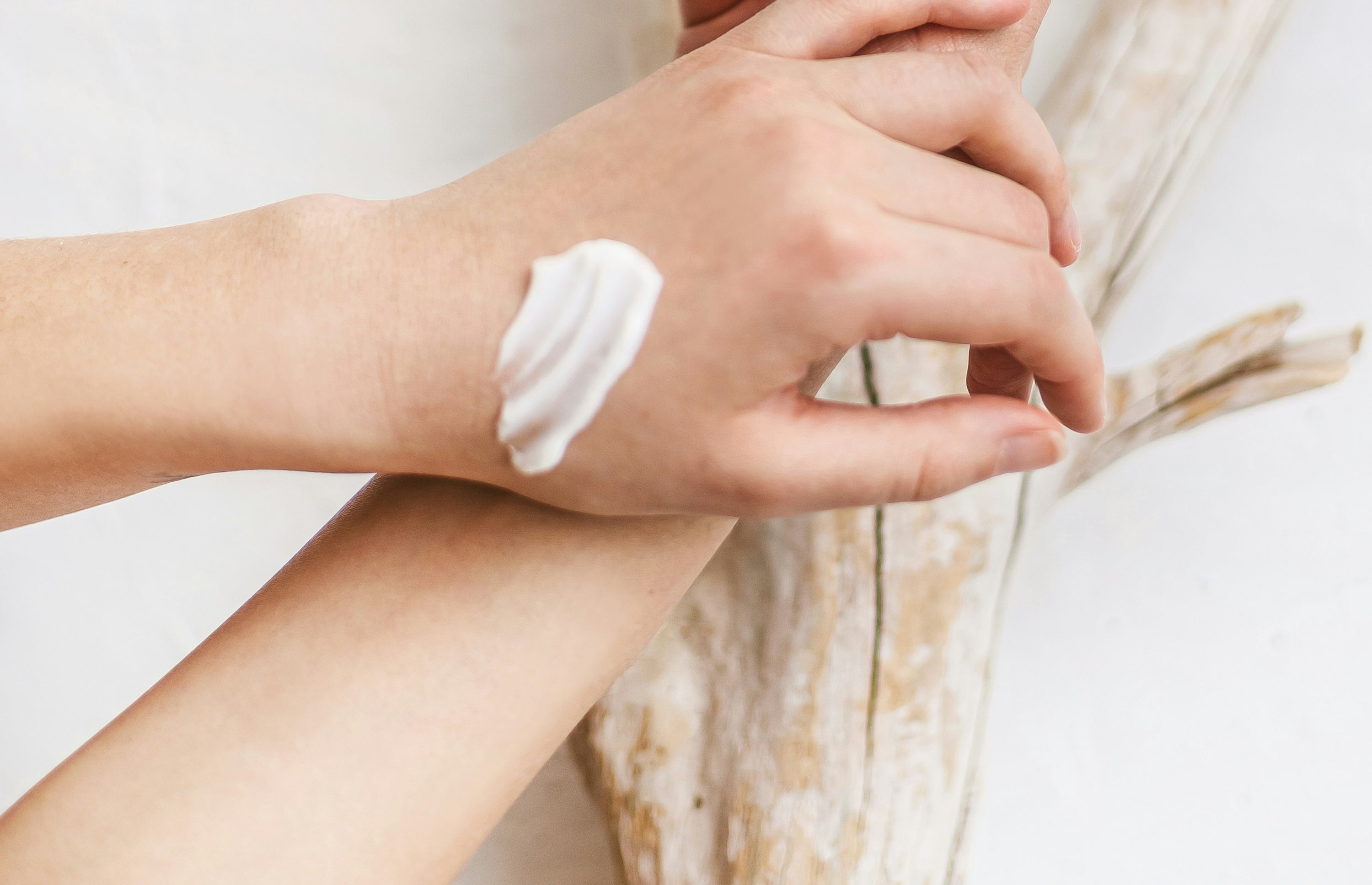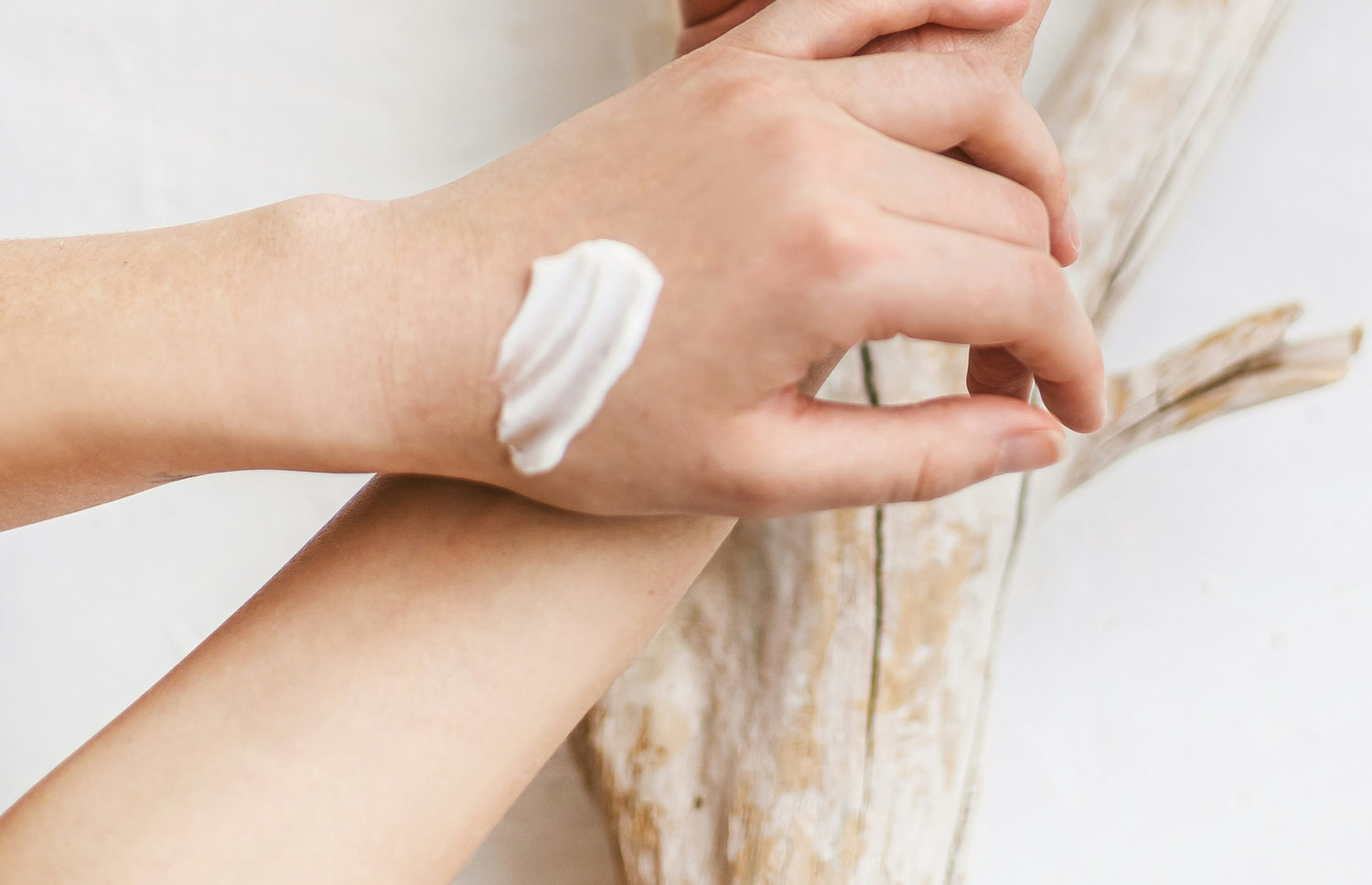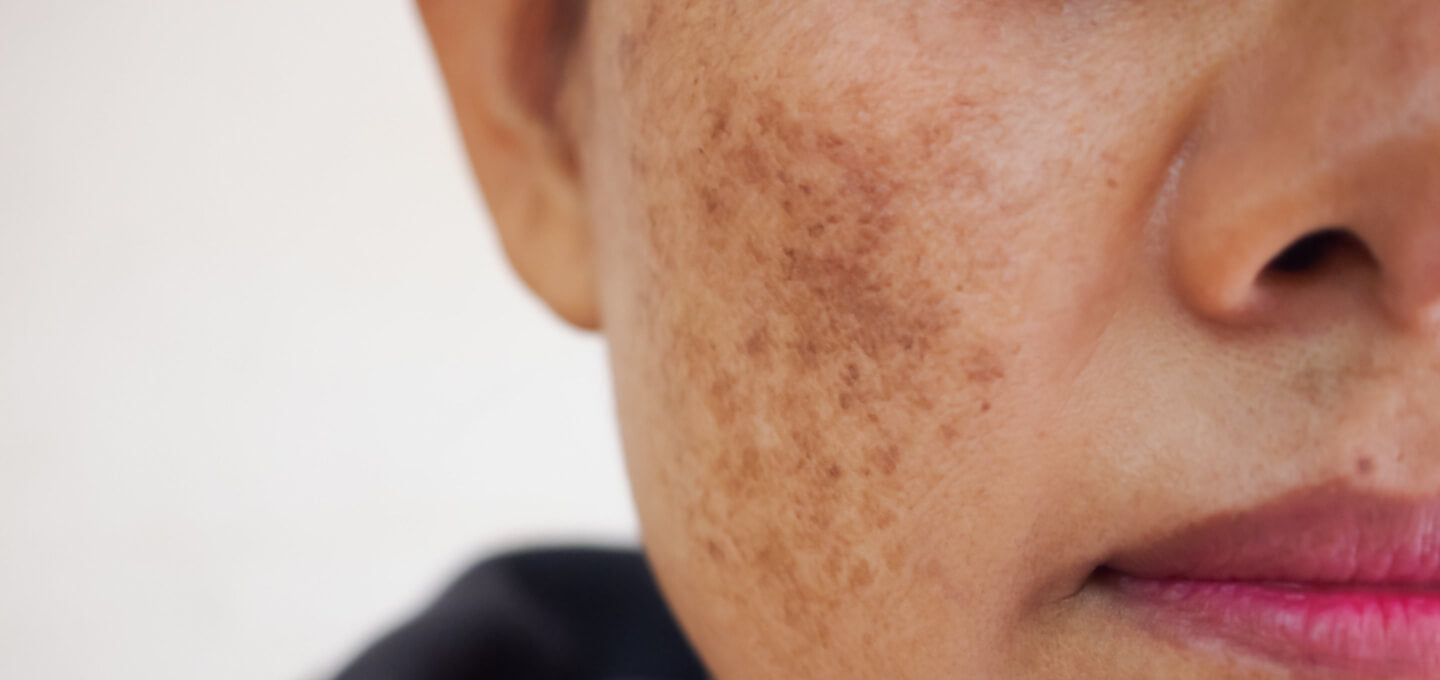In skincare, hydroquinone has emerged as a contentious topic. Praised for its effectiveness in treating hyperpigmentation, yet dogged by concerns about safety and serious side effects, hydroquinone occupies a complex position.
What to Know About Hydroquinone
Hydroquinone is a skin lightening product, usually in the form of hydroquinone cream or topical hydroquinone, commonly used to treat dark spots, melasma, age spots, and other forms of hyperpigmentation. Its mechanism of action involves inhibiting the production of melanin, the pigment responsible for skin coloration. By blocking melanin synthesis, hydroquinone helps fade dark spots and achieve a more uniform complexion.
Is Hydroquinone Safe to Use?
Despite its efficacy, hydroquinone has attracted controversy due to potential safety concerns. One primary issue revolves around its potential to cause skin irritation, particularly in individuals with sensitive skin, often those with darker skin tones. Extended use or high concentrations of hydroquinone may lead to adverse effects such as redness, dryness, and inflammation.
Moreover, there have been longstanding debates regarding the safety of hydroquinone concerning its potential carcinogenicity and links to ochronosis — a rare but severe skin condition characterized by blue-black pigmentation and thickening of the skin. While research on these associations is inconclusive, regulatory agencies in some countries have restricted or banned the use of hydroquinone in skincare products.
Examining the Scientific Evidence:
The safety profile of hydroquinone remains a topic of scientific inquiry and debate. While some studies suggest a correlation between products containing hydroquinone and risk of side effects, others assert its safety when used as directed and in appropriate concentrations. Furthermore, the risk of adverse reactions appears to be influenced by factors such as individual skin sensitivity, duration of use, and formulation of the product.
In the United States, the Food and Drug Administration (FDA) permits the use of hydroquinone in over-the-counter skincare products at concentrations of up to 2%. However, products containing higher concentrations require a prescription from a healthcare professional. This regulatory framework reflects a cautious approach to hydroquinone usage, emphasizing the importance of moderation and adherence to recommended guidelines.
Safe and Effective Alternatives
For individuals hesitant to use hydroquinone or those seeking gentler alternatives, several alternative ingredients and treatments are available that are general safe for all skin tones. These include azelaic acid, AHAs, vitamin C, niacinamide, and various botanical extracts, which possess skin-brightening properties without the potential side effects associated with hydroquinone.
Additionally, lifestyle modifications such as diligent sun protection and use of sunscreen, regular exfoliation, and maintaining a healthy skincare routine can complement the efficacy of topical treatments and promote overall skin health.
Conclusion
The question of whether hydroquinone is safe lacks a definitive answer and remains subject to ongoing research and debate within the skincare community. While hydroquinone undeniably offers effective treatment for hyperpigmentation, its safety profile warrants careful consideration, particularly regarding its potential for adverse effects and long-term consequences.
Ultimately, informed decision-making regarding skincare products and ingredients should be guided by a thorough understanding of their benefits, risks, and suitability for individual skin types and concerns. Consulting with a dermatologist or skincare professional can provide valuable insights and personalized recommendations tailored to your specific needs and preferences.
References:
-
American Academy of Dermatology Association. "Hyperpigmentation: Causes, Symptoms, and Treatment." Available at: https://www.aad.org/public/everyday-care/skin-care-basics/treatment/hyperpigmentation
-
U.S. Food and Drug Administration. "Skin Bleaching, Skin Lightening, and Skin Whitening Products." Available at: https://www.fda.gov/cosmetics/cosmetic-products/skin-bleaching-skin-lightening-and-skin-whitening-products
-
Levin, C. Y., & Maibach, H. I. (2005). "Exogenous ochronosis." An update on clinical features, causative agents and treatment options. American Journal of Clinical Dermatology, 6(4), 213-217.
-
Draelos, Z. D., & DiNardo, J. C. (2006). "A re-evaluation of the safety of hydroquinone: Re-examination of the 2006 consensus statement." Journal of the American Academy of Dermatology, 55(2), 512-513.





